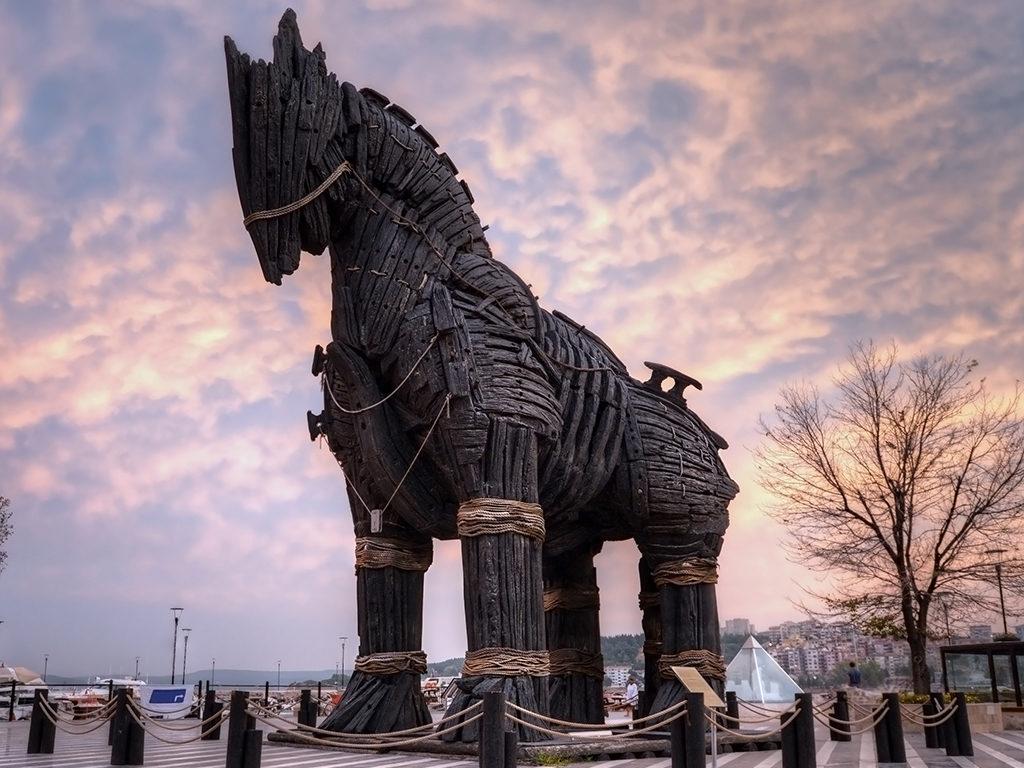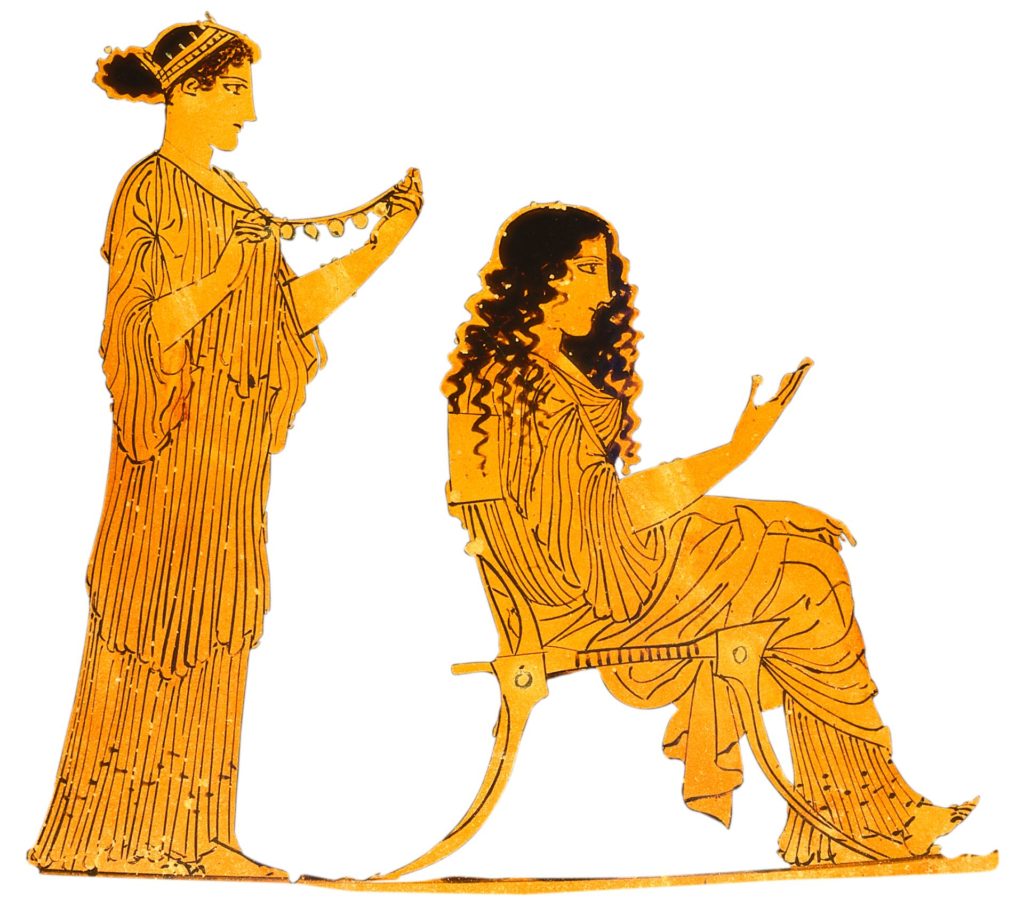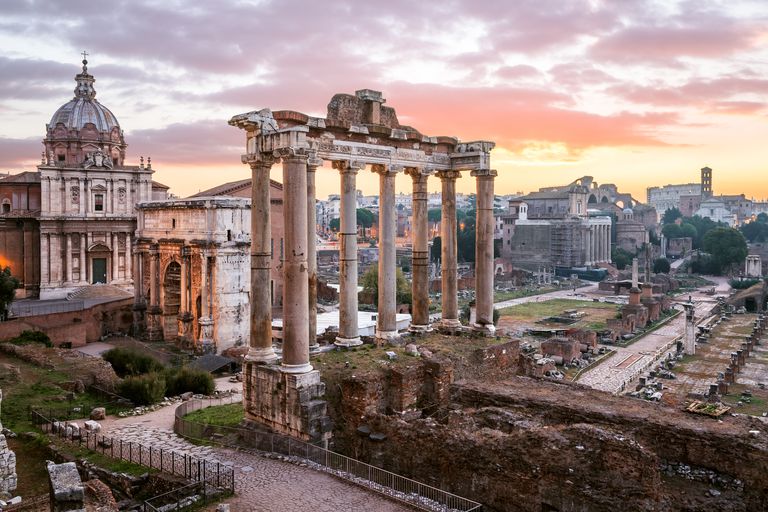Why you should come to classics club – Alex Coplestone-Crow
Senior classics club, held every Friday from 13:30, may not sound like a particularly vital use of your average student’s time: however, this could not be further from the truth. As a student of classics myself, it is obvious why I would wish to plug one of my greatest interests, and it is true that, through miss Batten’s enthusiastic and creative presentations, a classics student can gain vital background knowledge of historical context.
However, I would argue strongly that the teaching of classics as a whole has far more worth than to just instruct public school students in the works of Cicero and Virgil, so they can quote obscure, poorly pronounced phrases in their adult life. It is much more than that; it can provide deep moral instruction (perhaps not in every case, I concede that much of what the ancients believed is either incorrect or unacceptable in modern society), it can illuminate the story of our political, religious and social evolution, and it helps one to understand the events in our past.
These lessons that classics, and the study of the past in general, can teach, us are vital to our modern world. In Europe, so much of our culture, law, and customs come directly from the classical civilisations of the past; over 60% of our modern language has it’s roots in Latin and Ancient Greek, the Olympian gods find themselves in popular culture, and our art, architecture and government are all direct imitations of classical examples.

But why does this matter? At this year’s academic scholars’ dinner, Mr Hardwick, of both Cambridge and Oxford, perfectly encapsulated the answer to this question. It is, in part, to learn from the past; to quote Natalie Haynes of BBC Radio 4 fame, a classicist and comedian I heard talk at the Hay festival this half term, ‘maybe we shouldn’t bring this army sized wooden horse into our city this time’.

But more than that, the study of classics, and classical literature in particular, enables a person to explore human nature. By exploring the thoughts and emotions of those in the past, one can make sense of many of the events of today. It also helps to put things into perspective; by studying the past, we can not only learn from our mistakes, but also from our achievements, and that, most of the time, when seen in hindsight, things are not as bad as the seem at the time.
So how does classics club help? Whether it be an introduction to the love poems of Ovid, or a look at the treatment of women ancient Athens, or the system of slavery in Ancient Greece, these short talks encapsulate one area of study which heavily influences the modern world. With the increasing political and moral division of society, it has never been more important to look back, and to realise that moving forward is not always progress; humans went from the freedom of Ancient Greece, with its acceptance of homosexuality as a human trait, to the huge marginalisation of minorities we have seen throughout the modern era.

Of course, the ancients were not perfect. They had many problems, many the same as ours, but by studying them we can learn crucial lessons from these problems, and the solutions they proposed. This is why I encourage if not the study of, at least an interest in, classics; even if you have no prior experience of the subject, classics club provides a fun and less academically taxing introduction, whilst still covering important topics.
Run by miss Batten, and often featuring guest speakers from around the school, the club, no matter how pointless you think it is, teaches valuable lessons, which all of you could benefit from. So I urge you to come along; you will expand your general knowledge, whilst being subjected to a fantastically niche piece of historical content, often with the help of a slice of cake to wash down the facts.
While, regrettably, I can’t force anyone to come, I hope that at least some of you will consider it, even if it is because there’s cake.
















Post Comment
You must be logged in to post a comment.